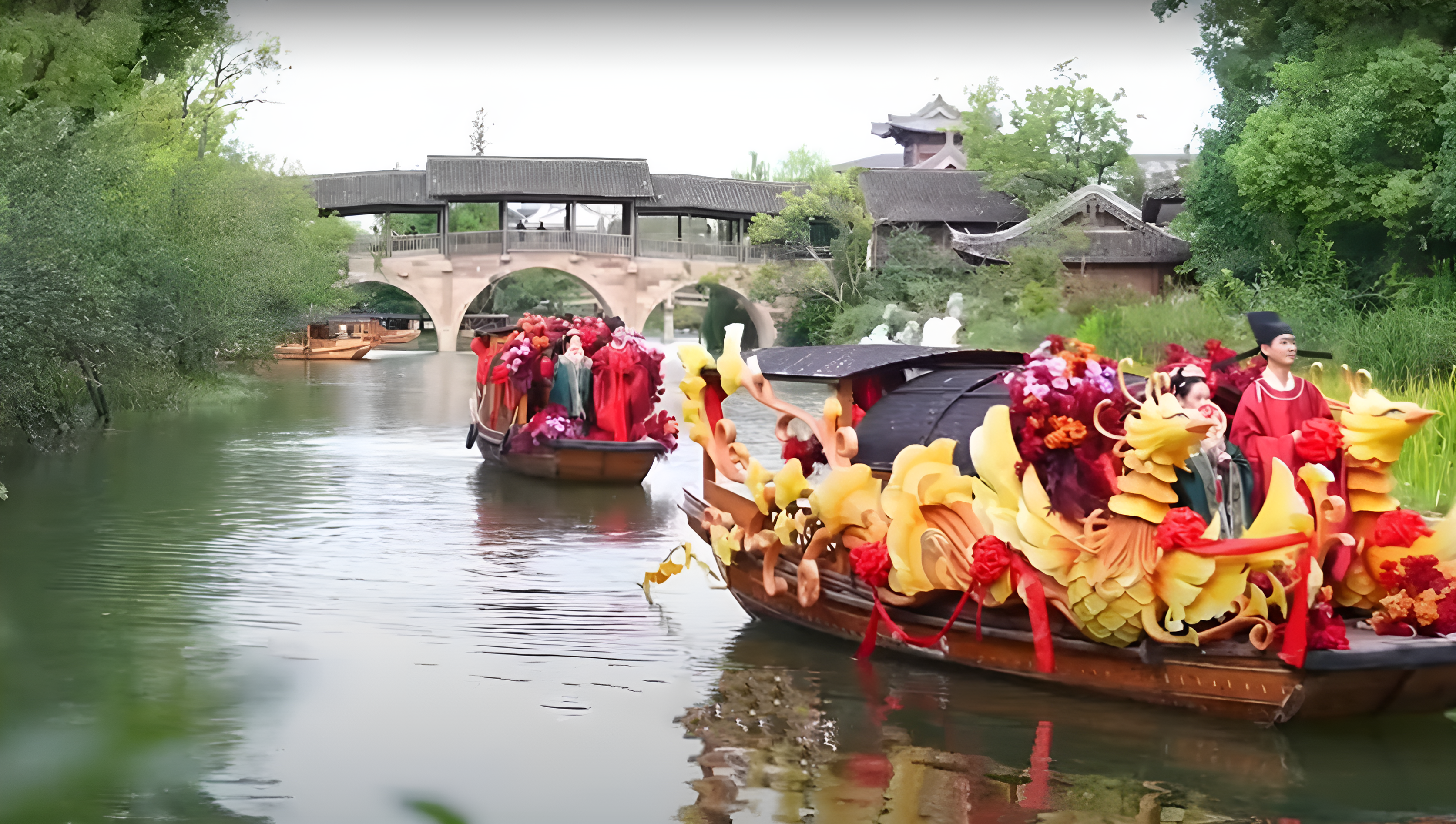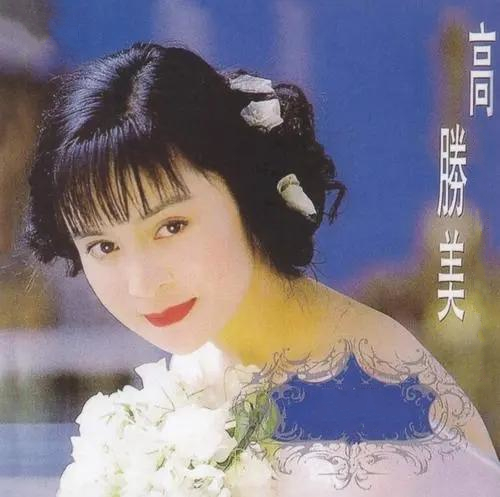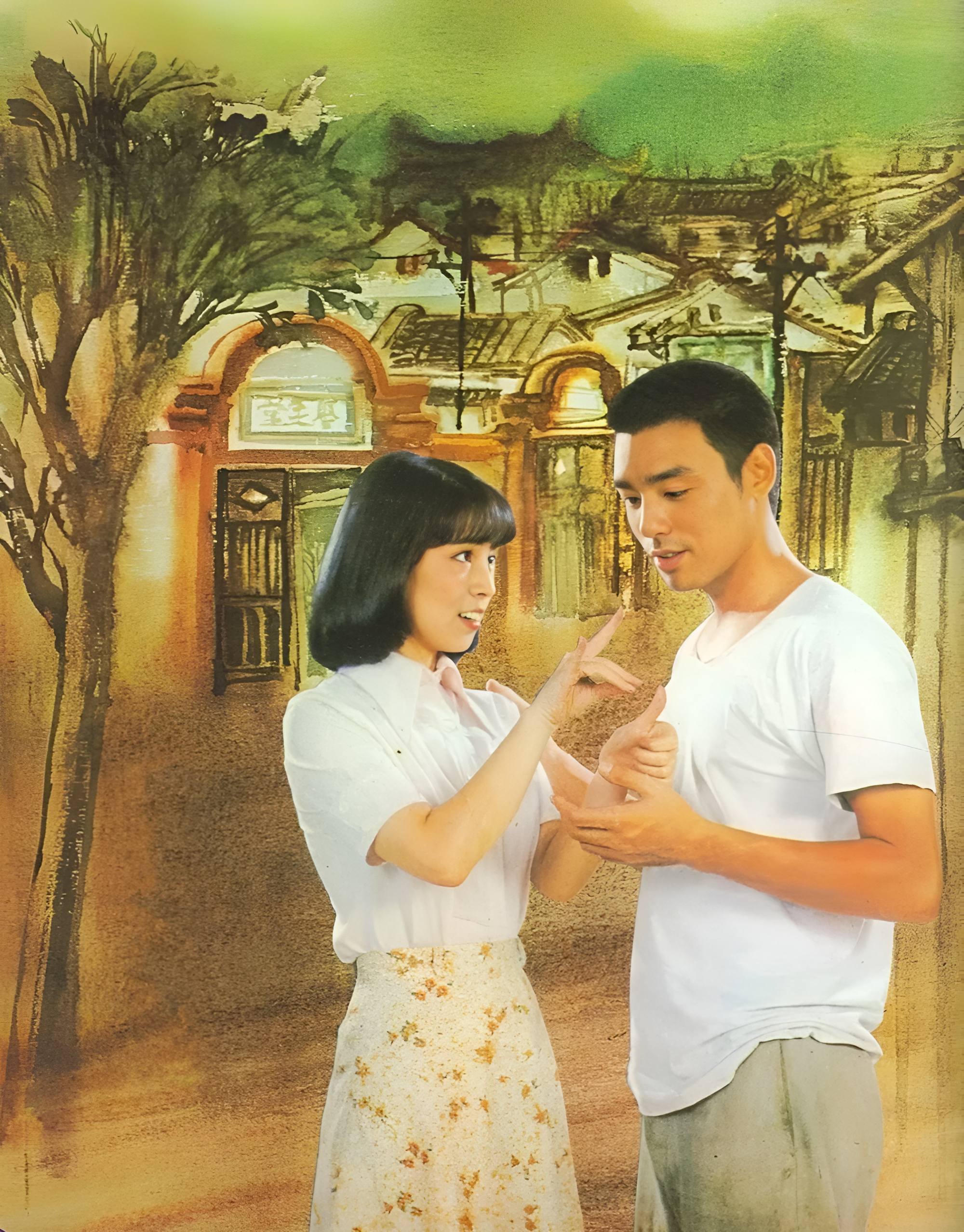




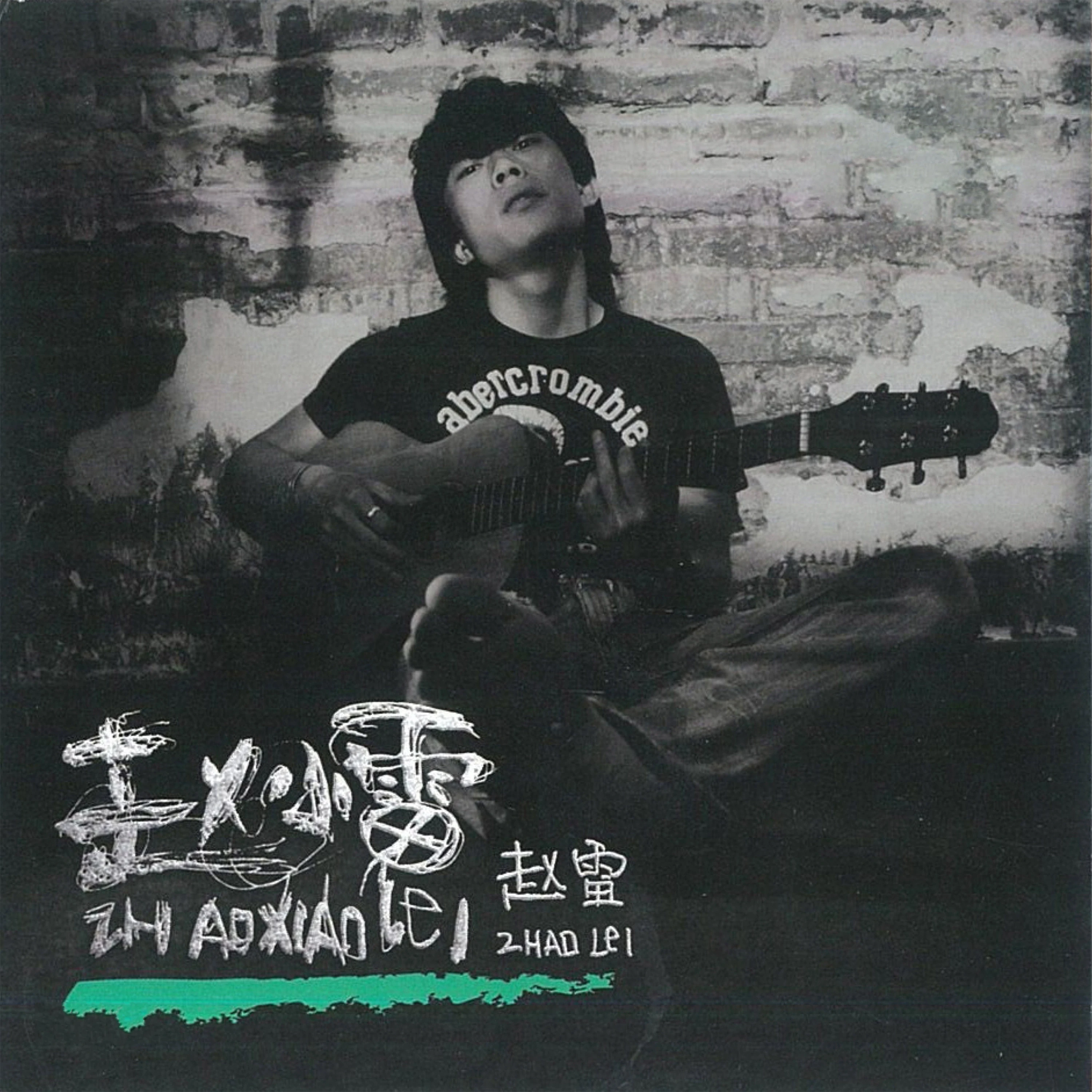

蔡琴演唱
邓丽君日语演唱
邓丽君演唱
李香兰演唱




Dominio de Pingus is a Spanish winery located in Quintanilla de Onésimo in Valladolid province with vineyards in La Horra area of the Ribera del Duero region. The estate's flagship wine, Pingus, is considered a "cult wine", sold at extremely high prices while remaining very inaccessible,[1][2] and commands an average price of $811 per bottle.[3]
The winery also produces a second wine, Flor de Pingus, and a special cuvée, Ribera del Duero "Amelia". Recently, Dominio de Pingus has founded a joint project with local grape producers to make an old vine tempranillo called "PSI".
Dominio de Pingus was established in 1995 by Danish oenologist Peter Sisseck, also manager of the Pesquera de Duero estate Hacienda Monasterio.[4] On the estate's winemaking philosophies, Sisseck has stated, "The vines in my plots are very old. They have never been fertilised nor treated with pesticides and all grow following the traditional en vaso system. They are perfect."[4]
About the first 1995 vintage of Pingus, Robert Parker declared, "One of the greatest and most exciting wines I have ever tasted".[5] With a very limited first vintage production, only 325 cases were made with prices initially set at US$200 per bottle, it became yet more scarce when in November 1997 the ship transporting a U.S. bound shipment of 75 cases disappeared somewhere off the Azores in the North Atlantic Ocean.[6] The shipwreck resulted in a dramatic reaction in the US market, with prices soon rising to $495 per bottle.[5][6]
At the Ronda WineCreator conference of April 2008, Sisseck was angered by suggestions by Decanter editor Guy Woodward that some winemakers make wines to suit the palates of certain critics. In response he called Woodward's remarks arrogant for implying winemakers do not have their own opinions, adding, "I don't even think it is possible to do this."[7]
In 2007 it was announced that the Spanish government had approved plans to expand highway roads through the vineyards of Dominio de Pingus and other wineries, which was met with strong opposition by Sisseck who called it a "vengeful measure".[8]
Planted with very old vines of Tinto Fino, i.e. Tempranillo, the vineyards are 2.5 hectares (6.2 acres) in Barrosso with vines exceeding 65 years and 1.5 hectares (3.7 acres) in San Cristobal with vines older than 70 years, and the unusually low average yield of 12 hL per hectare. Since 2000, the viticulture has been biodynamic. Of the annual production of Pingus there is typically less than 500 cases, though in poor vintages no Pingus is made.
The production of the second wine Flor de Pingus, also 100% Tempranillo, is made with fruit from rented vineyards in the La Horra zone, with vines older than 35 years. Since the 2005 vintage, the viticulture has been biodynamic. The annual production is on average 4,000 cases.
Additionally there has been the single barrel cuvée, Ribera del Duero "Amelia", made from a vineyard parcel of 100+ year old vines with an average yield of 10 hL per hectare, with biodynamic viticulture since its initial 2003 vintage. The 2005 vintage had a production of 25 cases.
"PSI" is a joint project based on fruit produced by local grape growers from old tempranillo vines. The goal is to help grape producers and save old vines. Project was founded in 2006, first vintage was 2007. Grape growers are encouraged to employ biodynamic or organic vineyard management practices. The wine is made by Peter Sisseck and Pablo Rubio and sold under producer name Bodegas y Viñedos Alnardo. Vinification takes place in large concrete vats and aging in concrete and wooden tanks and oak barrels. Production of PSI 2009 was 9,600 cases, PSI 2010 was 16,600 cases.


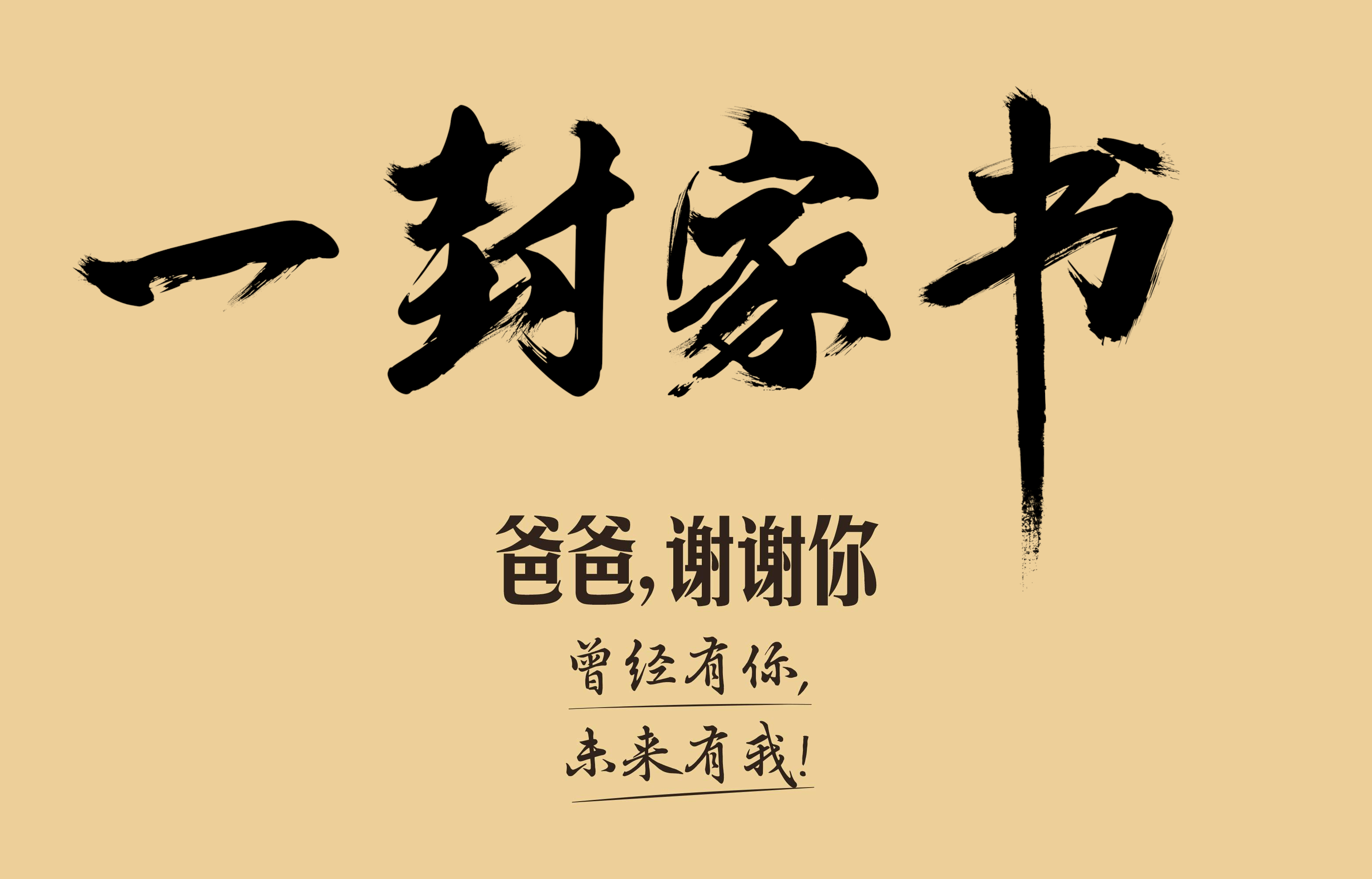



徐小凤演唱
吴莺音演唱

仁:仁者,人人心德也。心德就是良心,良心即是天理,乃推己及人意也。所以仁字,从二人相处,因为人不能离群而独存,别人之观念立,人之人格显,方能雍容和谐,以立己立人,发挥老吾老幼吾幼之怀抱,以及己所不欲,勿施于人,事物为人,而不为己,发为恻隐之心,宽裕温柔,仁也。
义:义者,宜也,则因时制宜,因地制宜,因人制宜之意也。所当做就做,不该做就不做。见得思义,不因果滥取不义之财物。子曰:「君子喻於义,小人喻於利,不义而富且贵,於我如浮云。」所以人发为羞恶之心,发为刚义之气,义也。
礼:礼者,说文:礼,履也,所以事神致福也。释名:礼,体也,得其事证也,人事之仪则也。进退周旋得其体,乃是正人身之法也。尊卑长幼有序,处事有规,淫乱不犯,不败人伦,以正为本,发为恭敬之心,斋庄中正之态,礼也。
智:智者,知也,无所不知也。明白是非、曲直、邪正、真妄,即人发为是非之心,文理密察,是为智也。
信:信者,信字从人言,言非曰,乃有定之文也,以今之概念定义可解为“学说”、“思想”。信与知对立,知宜者唯宜以行,不知宜者从他人言而信,进而守礼以近仁。因此言:必信者无义。
孔子曾将“智仁勇”称为“三达德”,又将“仁义礼”组成一个系统,曰:“仁者人(爱人)也,亲亲为大;义者宜也,尊贤为大;亲亲之杀,尊贤之等,礼所生焉。” 仁以爱人为核心,义以尊贤为核心,礼就是对仁和义的具体规定。
孟子在仁义礼之外加入“智”,构成四德或四端,曰:“仁之实事亲(亲亲)是也;义之实从兄(尊长)是也;礼之实节文斯二者是也;智之实,知斯二者弗去(背离)是也。” “性善说”,曰:“恻隐之心,人皆有之;羞恶之心,人皆有之;恭敬之心,人皆有之;是非之心,人皆有之。恻隐之心,仁也;羞恶之心,义也;恭敬之心,礼也;是非之心,智也。仁义礼智,非由外铄我也,我固有之也,弗思耳矣。” (《孟子·告子上》)
董仲舒又加入“信”,并将仁义礼智信说成是与天地长久的经常法则(“常道”),号“五常”。 曰:“夫仁、谊、礼、知、信,五常之道。”(《举贤良对策一》)




